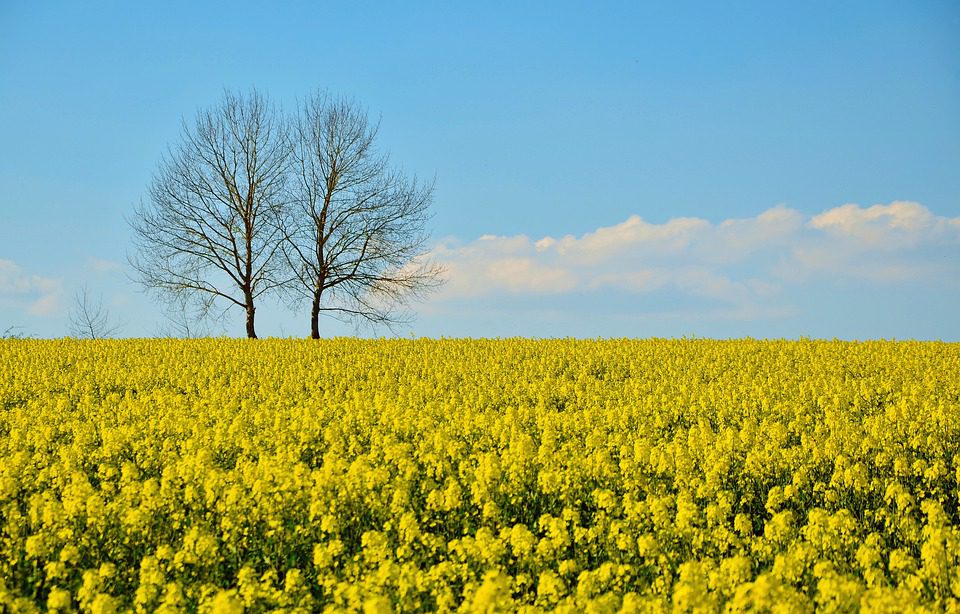Europe is sending out “hopelessly confused signals” on biofuels as a renewable energy source, according to Irish Cattle and Sheep Farmers’ Association (ICSA) president Patrick Kent.
The plenary vote of the European Parliament on the Renewable Energy Directive sends out confused signals because it demands much more ambition on renewable energy – while simultaneously placing artificial caps on sustainable crop-based biofuels, which are both arbitrary and bizarre, he stated.
Expanding, Kent said: “While today’s vote means that the commission proposals to gradually reduce biofuels from 7% to 3.8% is now in the bin, it has introduced a new restriction which limits biofuels to the member states’ consumption levels in 2017.
This essentially puts an artificial cap on using more sustainable biofuels, while everybody sits around waiting for the citizens of Europe to buy electric vehicles.
The president did note, however, that the EU parliament voted to phase out palm oil by 2021 – which, he claimed, was the “only real reason” why there was any doubt about the original strategy to increase the use of biofuels.
Transport
“In practice, the current cap of 7% means that some member states have not even reached that level, with the result that transport is the poor relation in Europe in terms of renewables.
“Transport in Europe is still based on 94% fossil fuels and it is clear that MEPs have been distracted by a nonsensical attack on European farmers.
Farmers are getting the blame for GHG emissions, while ignoring the 2017 Carbon Major Report which indicates that 71% of global emissions can be linked to just 100 fossil fuel companies.
“Sustainable biofuels produced from crops in Europe can contribute to a 66% reduction in emissions compared to fossil fuels, yet this is being wilfully ignored by EU policy makers,” Kent said.
“ICSA is calling on the Irish Government to insist that artificial caps such as this proposal from the EU parliament are lifted in the forthcoming trialogue talks between member states, the EU Commission and EU Parliament.”
Tillage boost
More biofuels in Europe, Kent reasoned, would lead to a better outlook for European tillage farmers; this would be essential for Irish cereal, farmers who are under serious pressure, he added. It would also indirectly boost prospects for a resurrection of sugar beet in Ireland.
“We must also remember that biofuel crops in Europe are a source of protein by-product for animal feeds and this could reduce our dangerous dependence on protein imports from all over the globe.”
Concluding, Kent said: “It is a very simple choice now for the Irish and other EU governments. Does Europe really want a solution for the emissions problems of today’s transport fleet or not? Does Europe want to support European farmers with an outlet for crops worth over €6 billion or not?”
